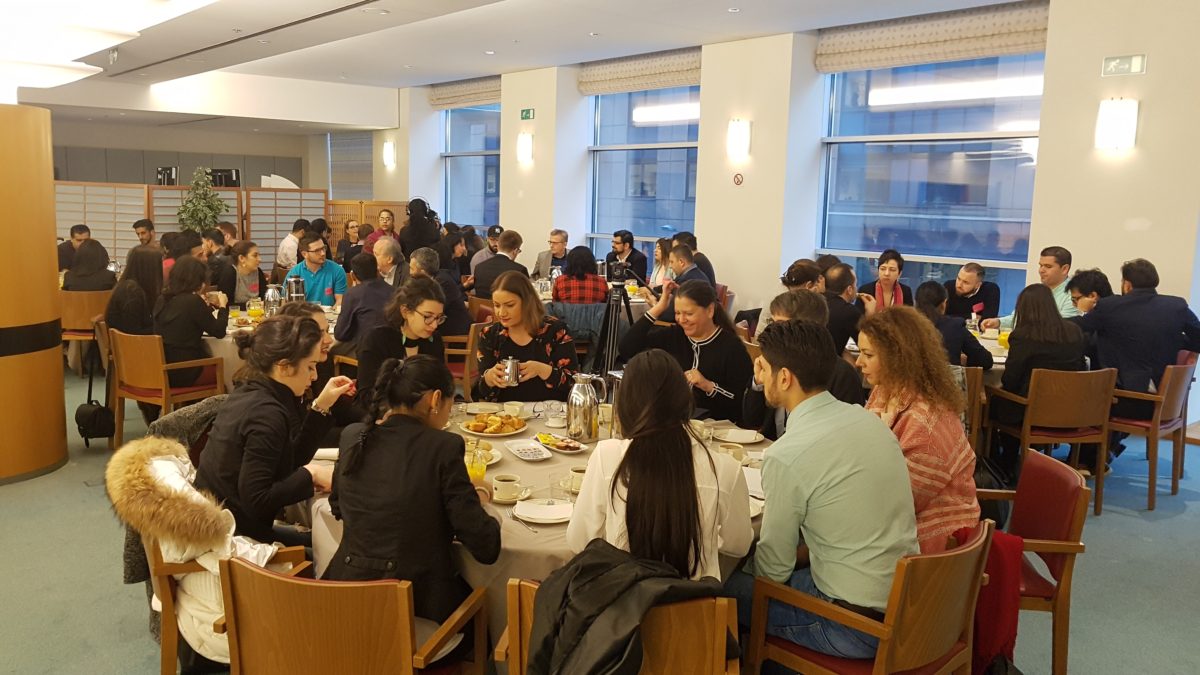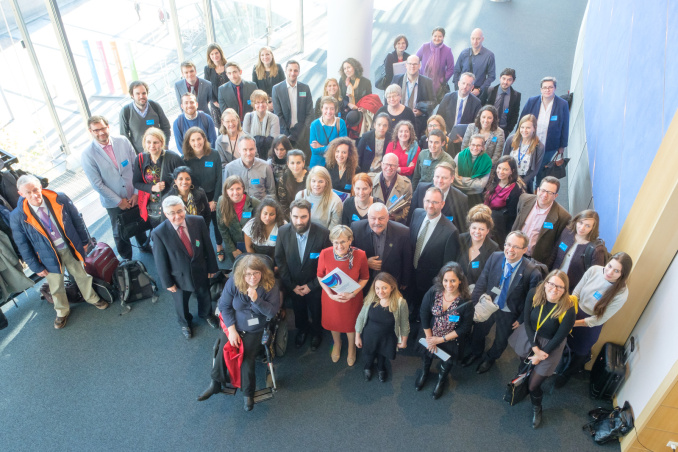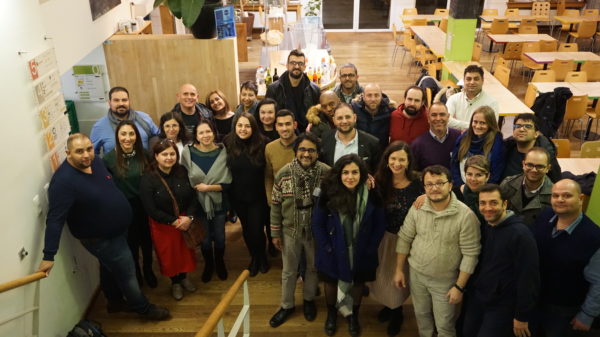ERGO Network together with its member organizations will be present at a meeting where they will discuss and present the recommendations they and their partners prepared regarding Roma people in the next EU Multiannual Financial Framework’s post-2020. In advance of the meeting, some background information is provided. We will keep you updated on the event tomorrow.
The current Multiannual Financial Framework, the EU’s long-term budget, runs until the end of 2020. This May, the European Commission will put forward a comprehensive proposal detailing the budgetary objectives and regulations governing the post-2020 Multiannual Financial Framework. Currently at the core of these proposed objectives are the protection of EU’s external borders, support for a true European Defense Union, boosting Europe’s digital transformation, and making the EU’s cohesion and agricultural policies more efficient.
Civil society organizations have identified a number of shortcomings concerning the budget, particularly regarding human rights standards, rule of law compliance as a condition to receive EU funds by member states, and effective monitoring mechanisms on the use of EU funds, including funds spent on Roma inclusion. In the current proposal, the Roma people—as well as other minorities—are not direct beneficiaries of cohesion policy funds, a troubling sign regarding future funding.
This conversation about human rights issues in the EU, featuring European civil society organizations in partnership with national Roma and pro-Roma organizations, will focus on the future political and budgetary priorities of the Union concerning Roma populations.
Speakers
- Josef Weidenholzer is a member of the European Parliament, Group of Progressive Alliance of Socialists and Democrats (S&D).
- Soraya Post is a member of the European Parliament, S&D.
- Jávor Benedek is a member of the European Parliament, Group of the Greens/European Free Alliance.
- Claude Cahn is a human rights adviser for the United Nations High Commissioner for Human Rights.
- Jamen Gabriela Hrabanova is executive director of the European Roma Grassroots Organisations Network.
- Freek Spinnewijn is director of the European Federation of National Organisations Working with the Homeless (FEANTSA).
- Nikolay Kirilov works for the Roma Standing Conference.
- Zsombor Farkas is assistant professor of the Social Work Department at ELTE University.
- Marc Hostert is head of cabinet of Henri Grethen, reporting member responsible for the audit at the European Court of Auditors.
- Marie-Anne Paraskevas is senior policy expert at the Directorate General for Employment, Social Affairs & Inclusion of the European Commission.
- Andor Urmos is policy analyst for the Directorate General for Regional Policy of the European Commission.






